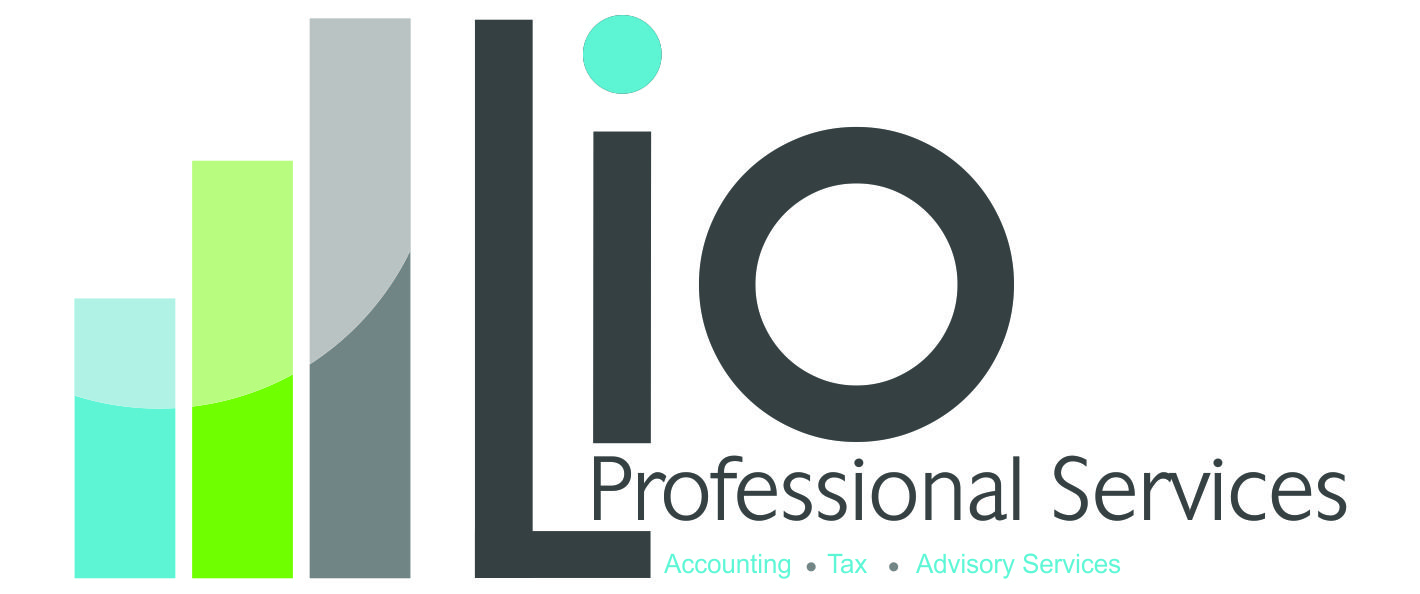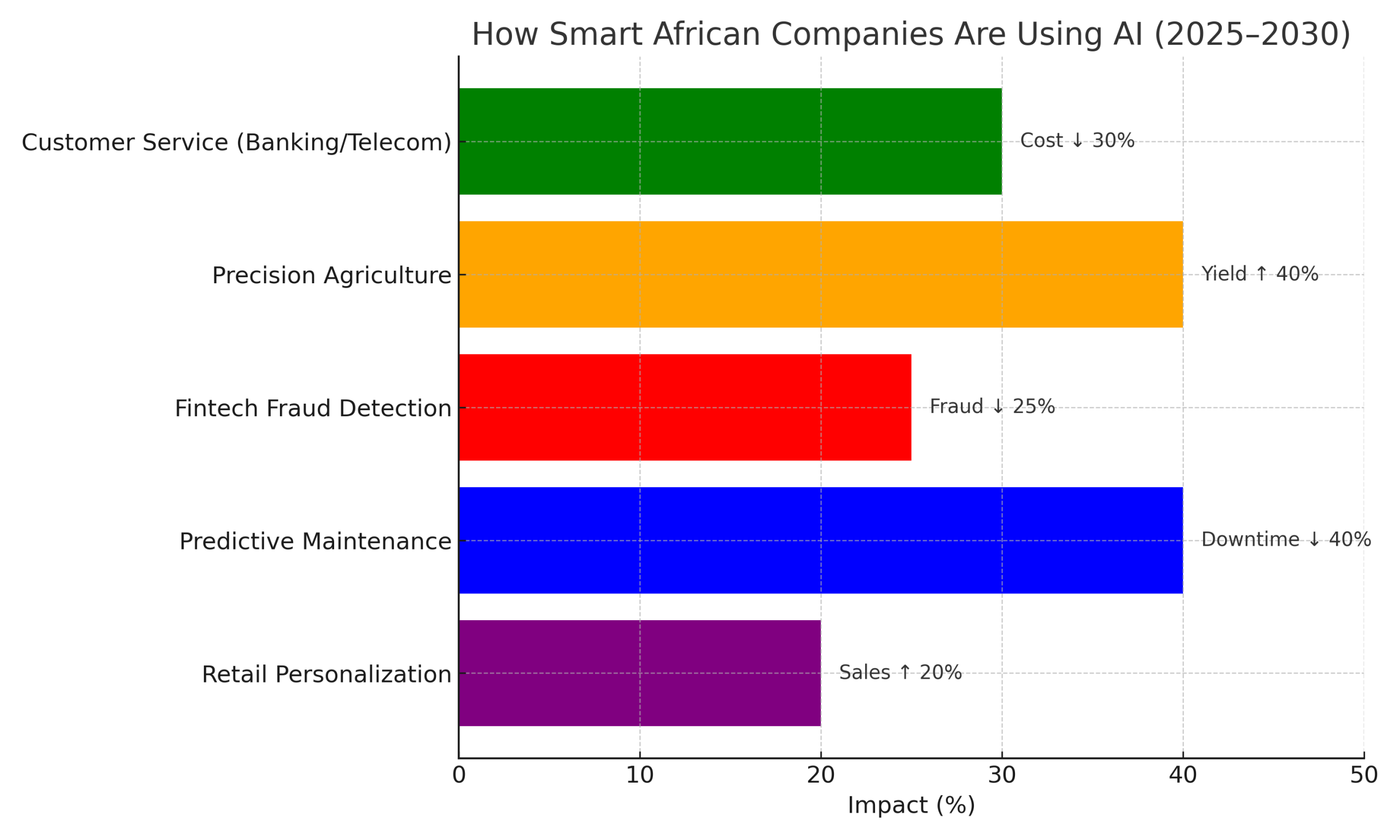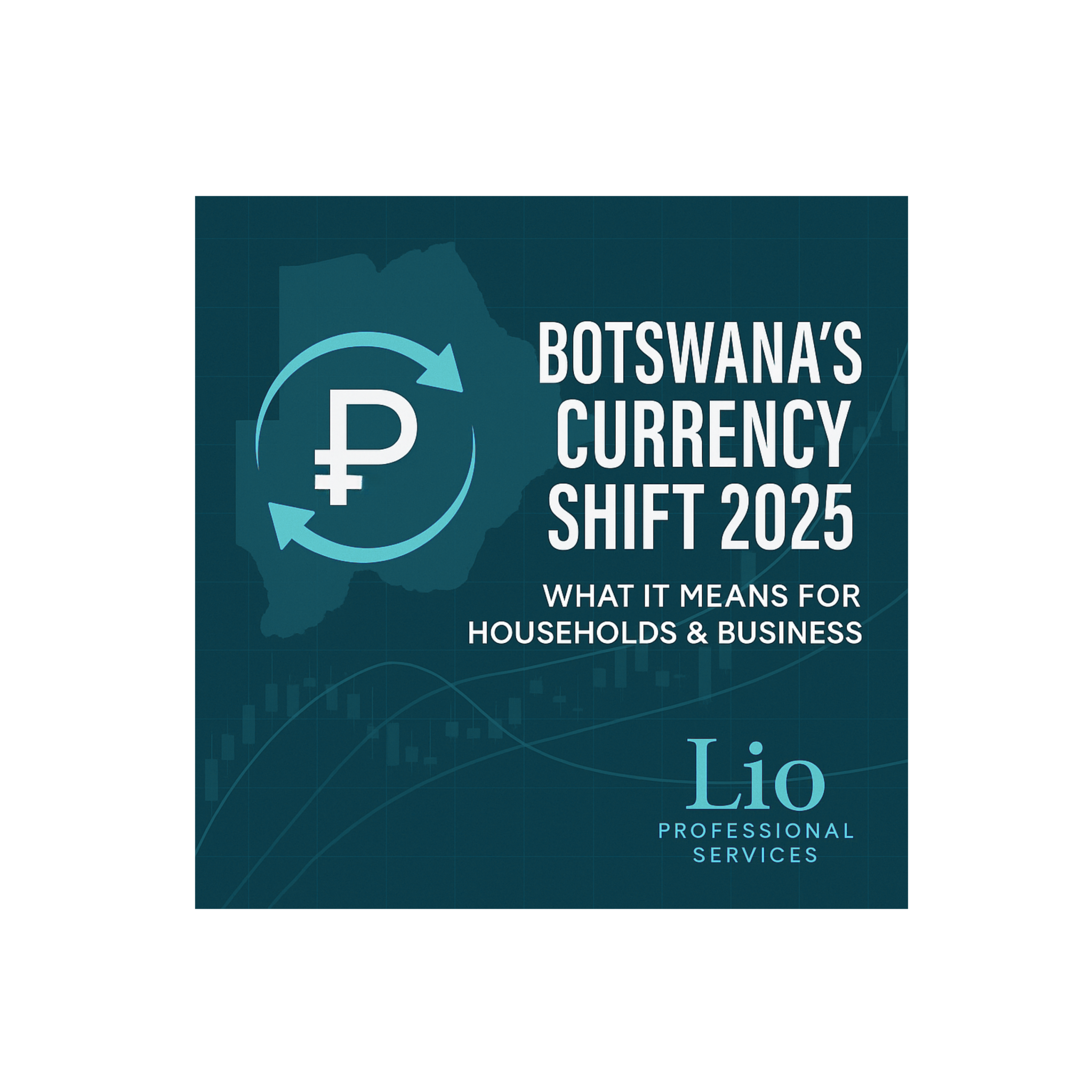Lets picture this. In 2024, 12 early-stage African AI startups together, raised over $11 million, launched MVPs across fintech, healthtech, and edtech, and reached more than 500,000 users—proving that AI in Africa isn’t a fantasy, it’s already here.
But behind every headline is a stack of difficult lessons. Painful pivots. Missed funding rounds. Infrastructure that slowed teams down. If you’re an entrepreneur, policymaker, or builder working with AI in Africa, these 5 lessons will help you move smarter—and faster.
Lesson 1: Innovation Doesn’t Happen Without Infrastructure
Many assume good ideas are enough. They aren’t. Without reliable internet, compute power, or access to large datasets, even talented teams stall.
One startup in Zambia spent six months building a health diagnostic model—then lost their pilot after repeated outages disrupted testing. The power cuts in Zambia are real my friends!
They hadn’t planned for offline data syncing or redundancy.
Startups need to prioritize infrastructure as part of their tech strategy. Don’t wait until your system crashes to value cloud access or edge AI optimization.
Build for resilience. Especially if you’re deploying AI outside major cities and towns.
Lesson 2: Global Models Don’t Fit Local Problems
A common mistake? Applying off-the-shelf models trained on foreign datasets. The result—misdiagnoses, mistranslations, or irrelevant outputs.
One team working on an Amharic-to-English voice assistant found that big-name models performed worse than human transcription—full of inaccurate terms and dangerous assumptions.
They ended up building their own dataset using local college students. Accuracy improved by 34%—but it cost time and money they hadn’t budgeted for.
If you’re building LLMs or computer vision systems, ask: was this trained on my context? If not, start small and start from scratch when needed.
Local relevance beats global hype.
Lesson 3: AI Without Ethics is a Risk, Not a Product
Many African startups rush to scale their models without thinking through data collection consent, bias, or explainability. This leads to friction with regulators and community pushback.
Imagine a fintech startup that tried using an AI credit scoring model in Nigeria. It worked—until users realized the model punished people in low-data rural areas. Facebook groups exploded with outrage. Usage dropped 70% in a week.
Their fix? Clearer messaging, opt-ins, and transparency into how scores were generated.
Ethical design isn’t optional. Build feedback loops. Involve users. Share your model’s limits. Trust is your most valuable asset.
Lesson 4: Human Capital Is Still the Bottleneck
Africa has raw talent. But talent alone isn’t capacity. With few senior AI mentors and limited access to advanced training, many promising teams plateau early.
One startup in Nairobi hired a top grad from a local bootcamp. He could fine-tune models, sure—but he struggled with architecture decisions, production pipelines, and cross-functional team communication.
They fixed it by partnering with international AI mentors remotely—and setting up weekly pair programming sessions.
If you’re serious about building an AI-powered business, invest in your Team. Short-term upskilling. Long-term learning plans. Conferences, mentors, and peer groups are everything.
Lesson 5: Agentic AI Isn’t Sci-fi (But It Needs Focus)
Agentic AI systems—where one AI delegates tasks to others—now drive scheduling, logistics, and real-time personalization in global apps. African startups are starting to catch up—but many still treat it as a distant trend.
Lets use the example of this edtech team in Kenya that tried it early. Their platform used autonomous GPT-4 agents to tailor lessons, monitor student progress, and recommend assignments in multiple languages.
Dropout rates fell by 42%. Teachers said they finally had time to focus on high-need students.
But agentic AI is unpredictable if poorly scoped. The key? Tight constraints. Clear boundaries. Testing in stages.
Don’t wait for Silicon Valley to approve new AI tools. Experiment now—but do it with intention.
Africa’s AI moment is real—but it’s fragile. These lessons aren’t theoretical. They’re patterns across dozens of startups, labs, and ecosystems.
Execution beats enthusiasm. Context beats scale. And ethics beats speed.
If you’re building in AI, think local. Think resilient. Think long-term.
The next billion users won’t wait. What are you building today?
Sources:
– https://www.youtube.com/watch?v=68N-9mo6q6M





